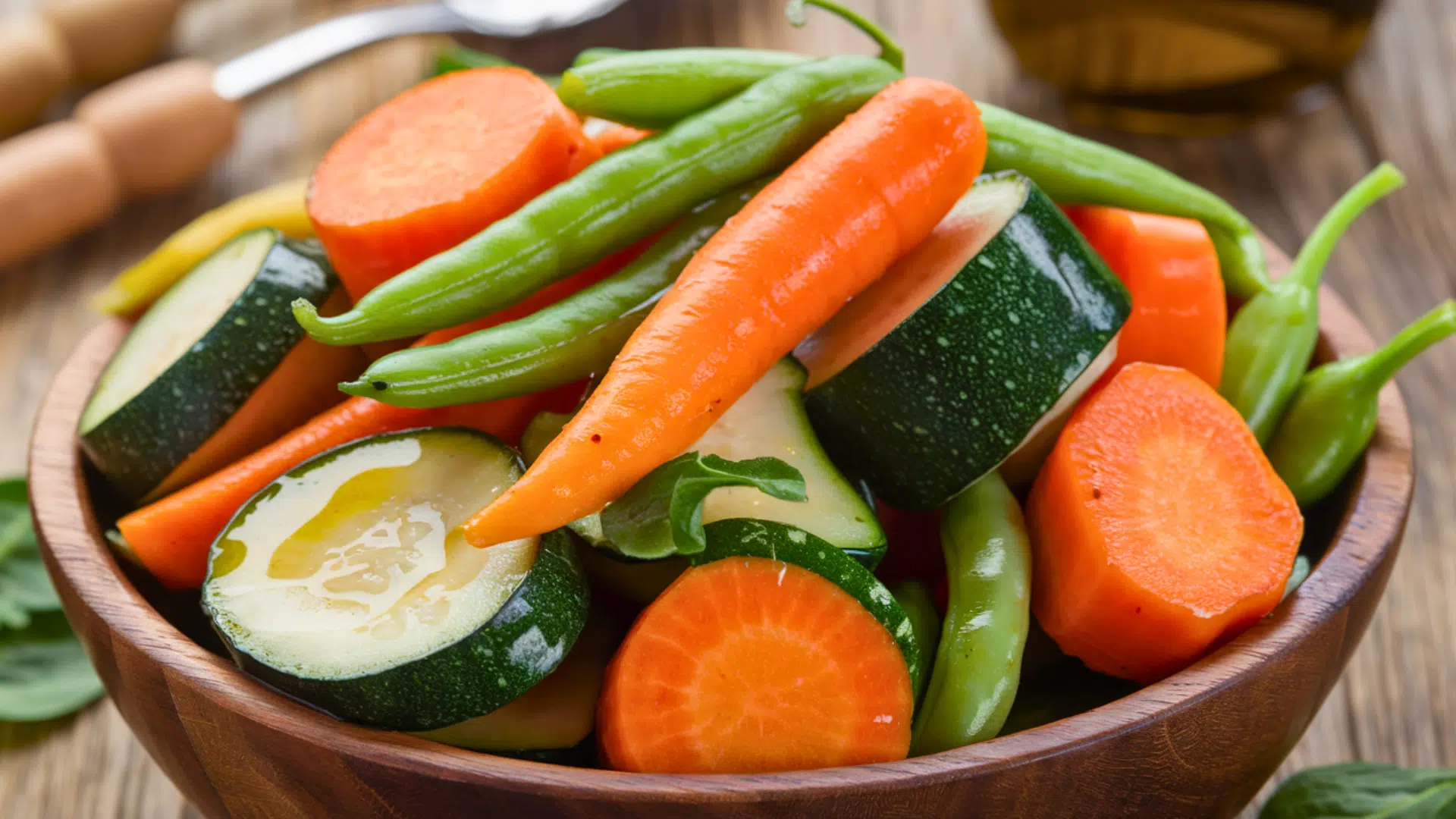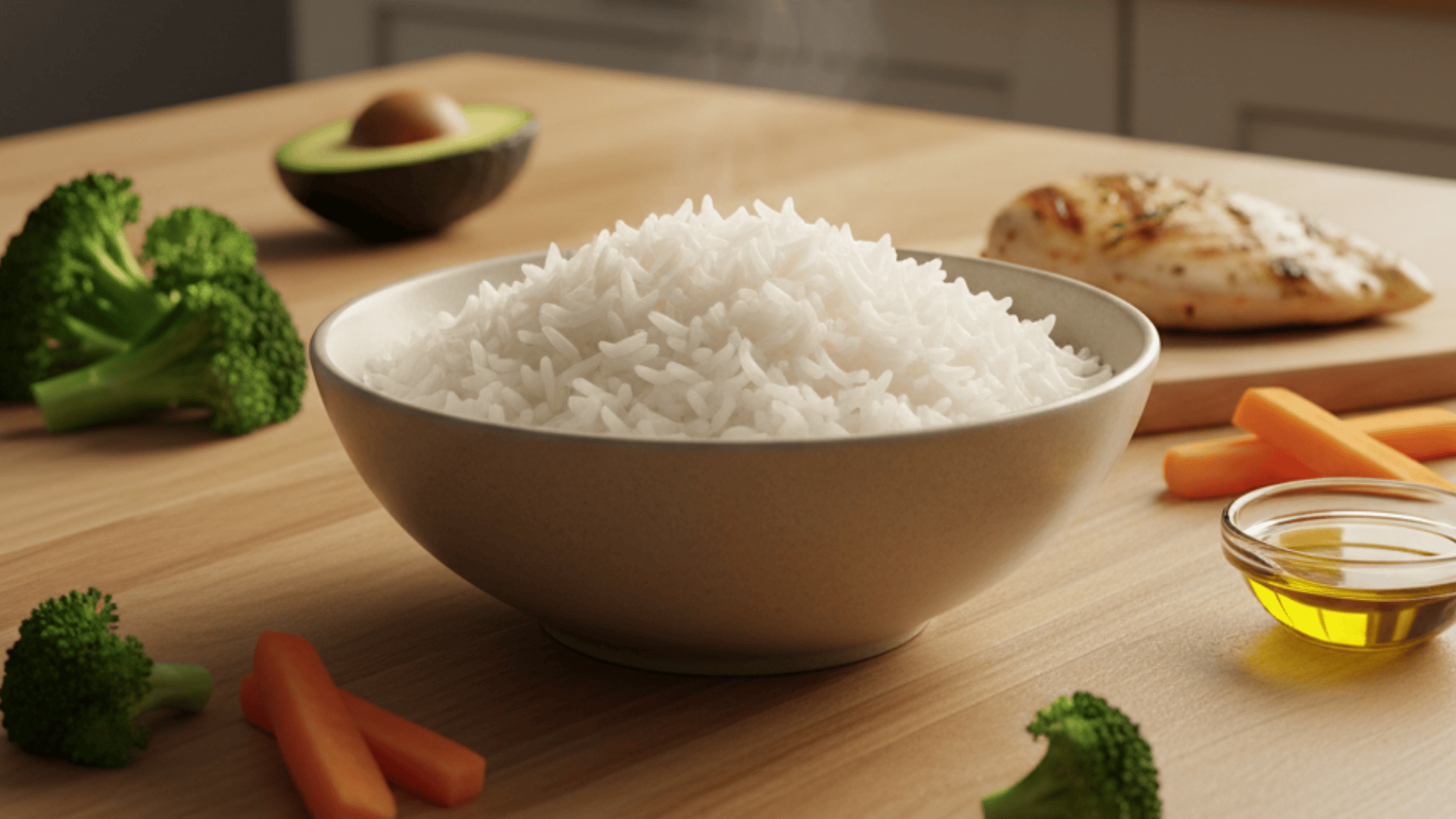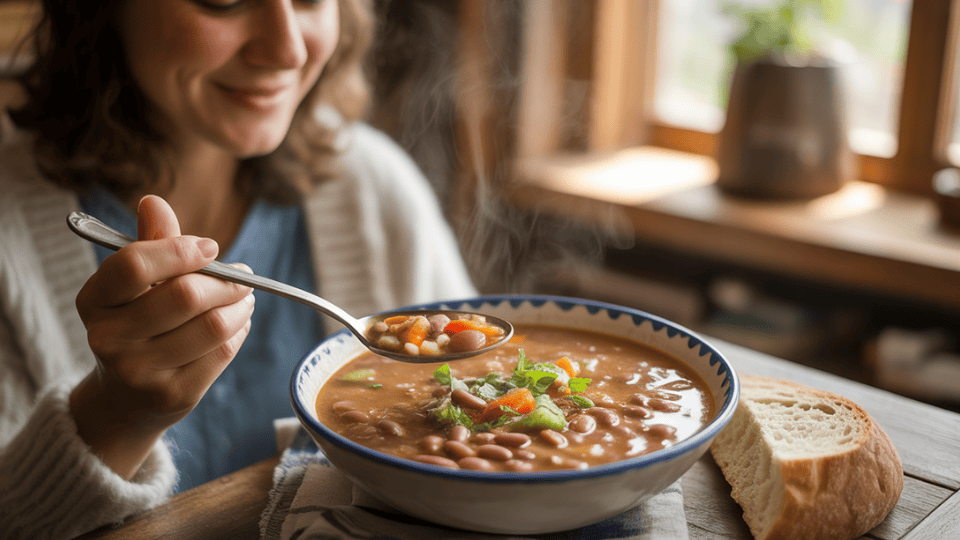Sometimes, your stomach just needs a break, feeling bloated or uncomfortable after a meal, and wondering what went wrong. If you’ve been struggling with the same, you’re not alone.
Finding the right easy-to-digest vegetables can make a big difference in how you feel after eating. In this guide, I’ll walk you through some of the gentlest veggies you can add to your plate, cooking tips that have helped me, and simple recipes you’ll want to try.
If you’re dealing with a sensitive stomach or just want to feel lighter, you’ll find this blog helpful. So, which vegetables should you reach for next time you cook?
Let’s find out together.
What Makes a Vegetable Easy to Digest?
Some vegetables are easier on the stomach than others because of their fiber type, water content, and how they’re cooked.
Soluble fiber, found in carrots, sweet potatoes, and squash, turns into a soft gel and is mild on digestion.
Insoluble fiber, found in raw greens like kale and broccoli, can be harder to break down. Vegetables with high water content, like zucchini, cucumber (without skin or seeds), and pumpkin, move more smoothly through the digestive system.
Cooking vegetables by steaming, boiling, roasting, or baking helps soften fiber, making them easier to chew and digest. Avoid frying or burning them, as this can make digestion more difficult.
Some vegetables also contain anti-nutrients, such as oxalates (found in spinach and beets) or lectins (present in raw beans and eggplant), which can upset sensitive stomachs.
Cooking usually reduces these compounds, so choosing cooked, low-oxalate vegetables is a good idea if you’re prone to stomach issues.
Top Easy-to-Digest Vegetables
Some vegetables are much easier on your stomach than others. Here are the best options to try when you’re looking for something gentle, healthy, and easy to digest.
1. Spinach
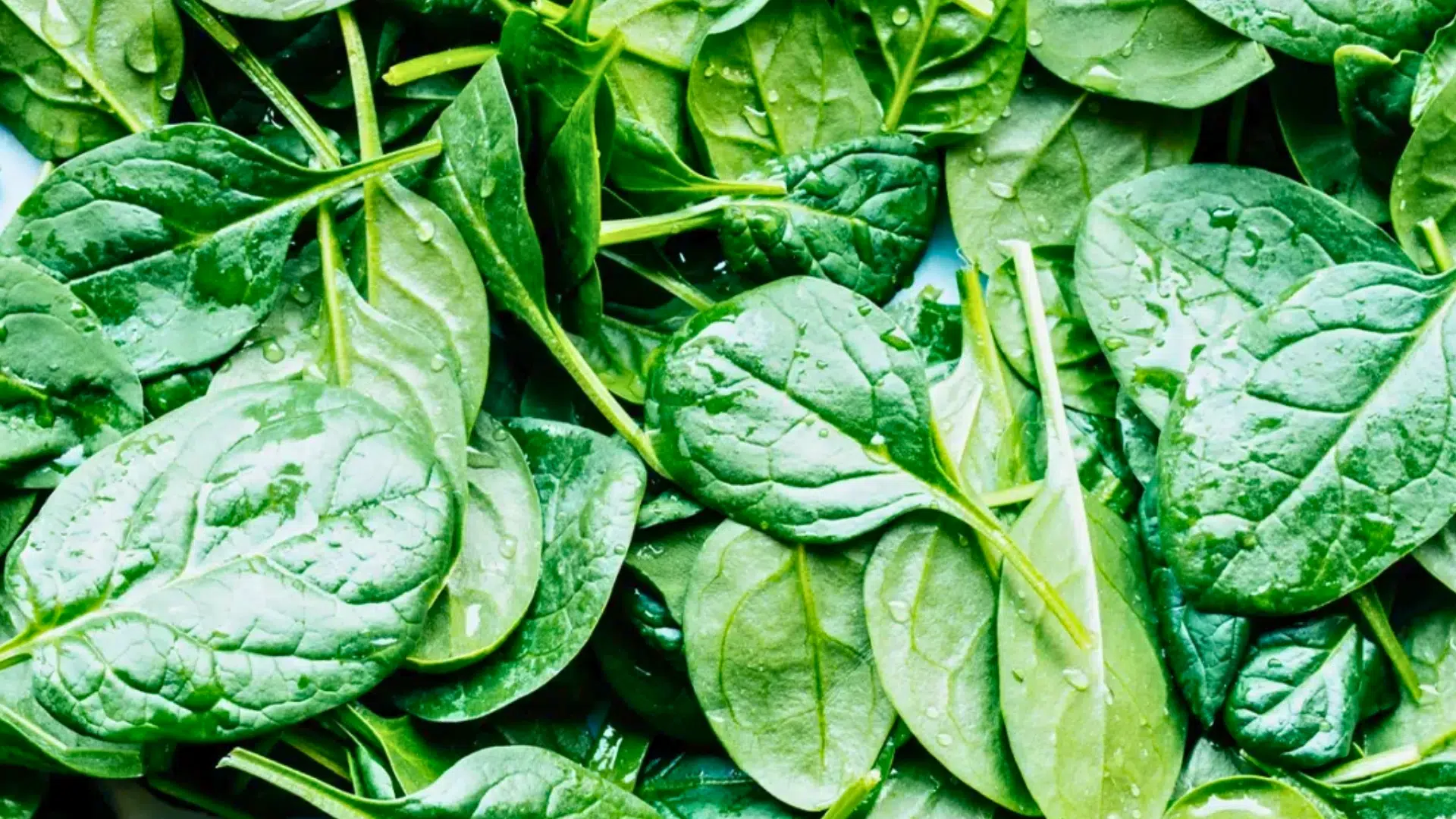
Spinach is soft and light when cooked. It’s rich in nutrients like iron and vitamin C, yet it doesn’t weigh heavily on the stomach. Steamed spinach is especially easy to chew and digest.
2. Kale
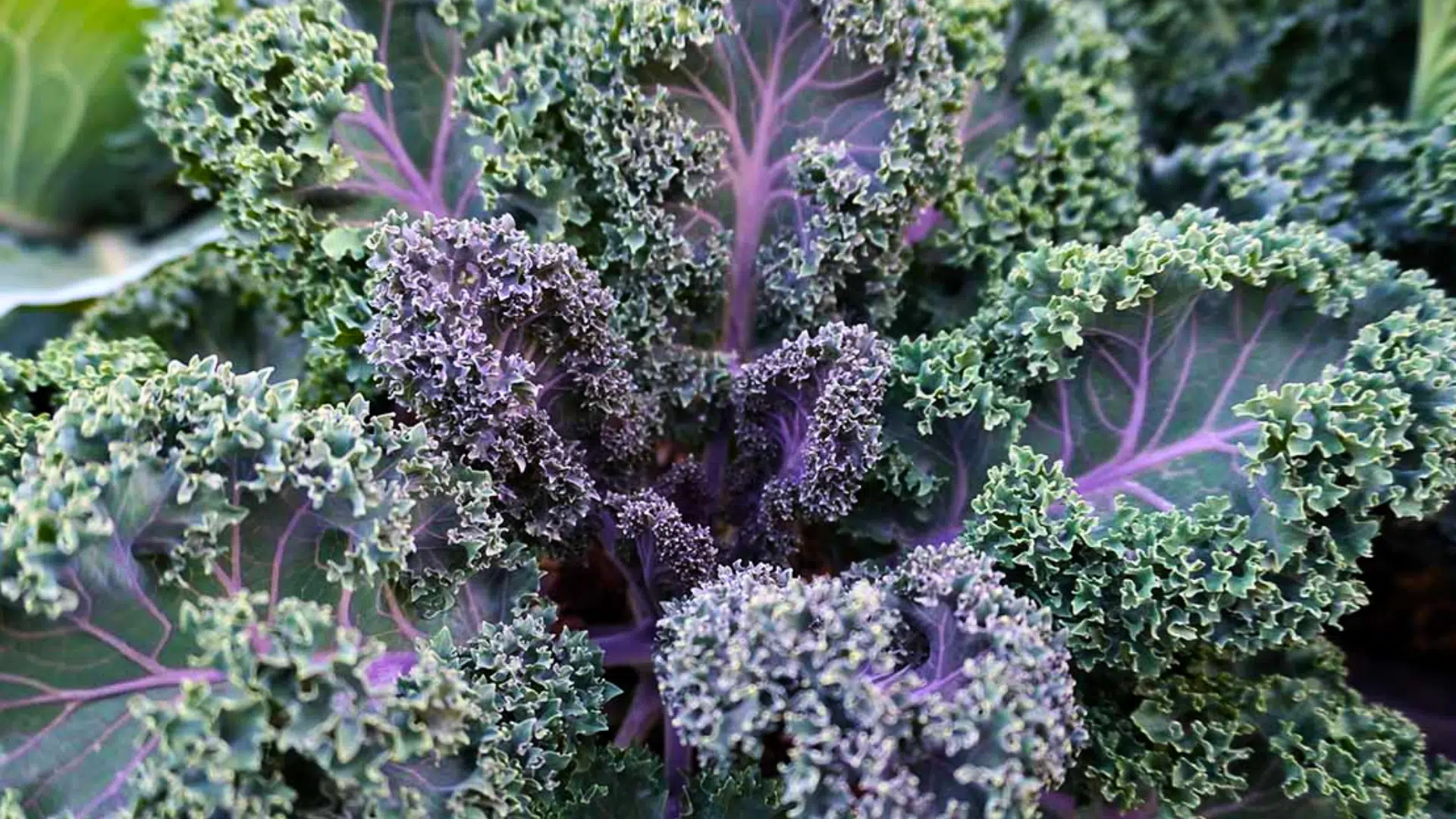
Kale has more fiber than spinach and can be hard to digest raw. But when cooked, it becomes soft and easier for your body to handle. Boiled kale is a good option for people with sensitive stomachs.
3. Carrots
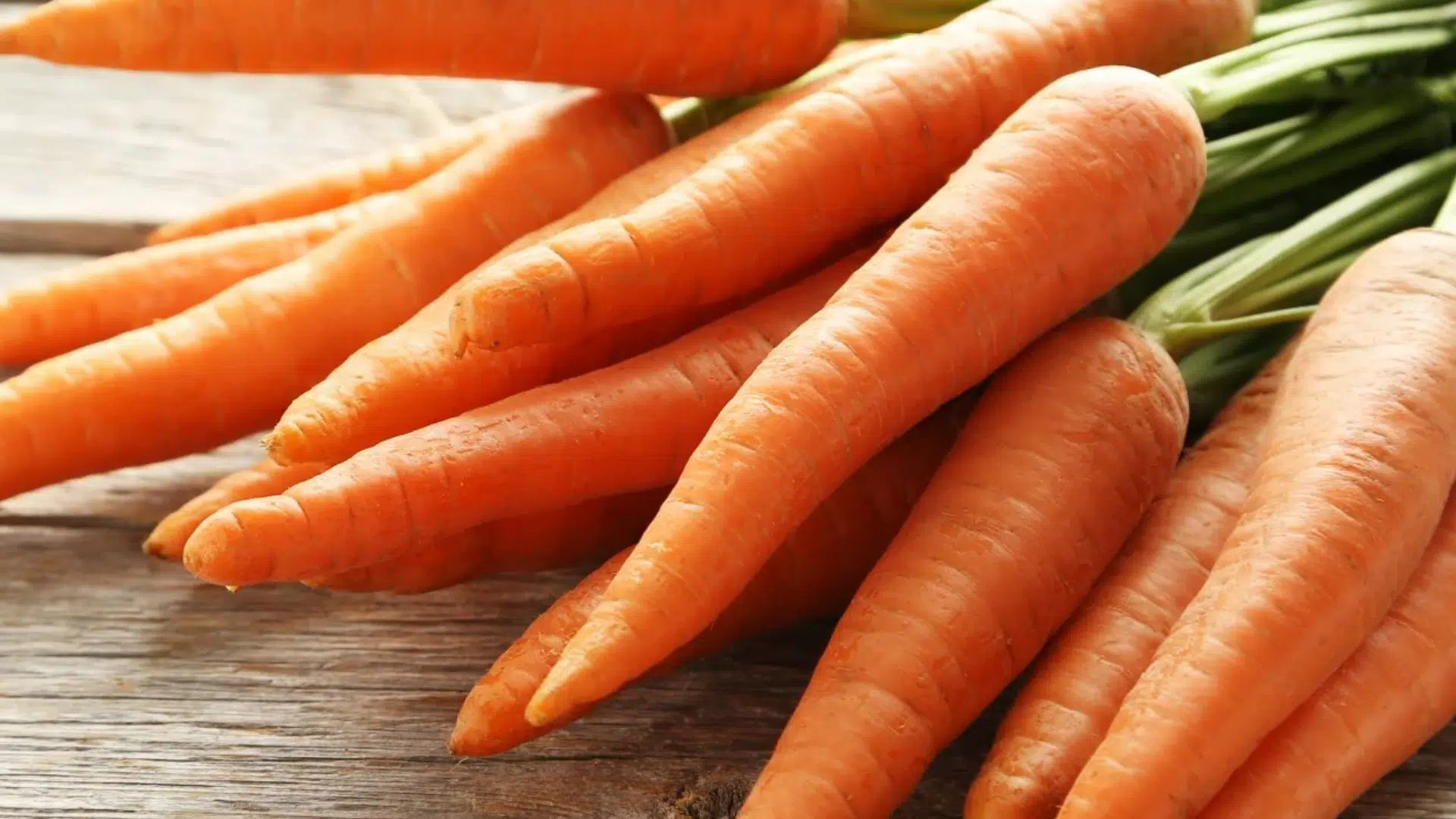
Cooked carrots are one of the easiest vegetables to digest. They turn soft and smooth, making them gentle on your stomach. Carrots are also rich in beta-carotene, which is good for your eyes and skin.
4. Beets
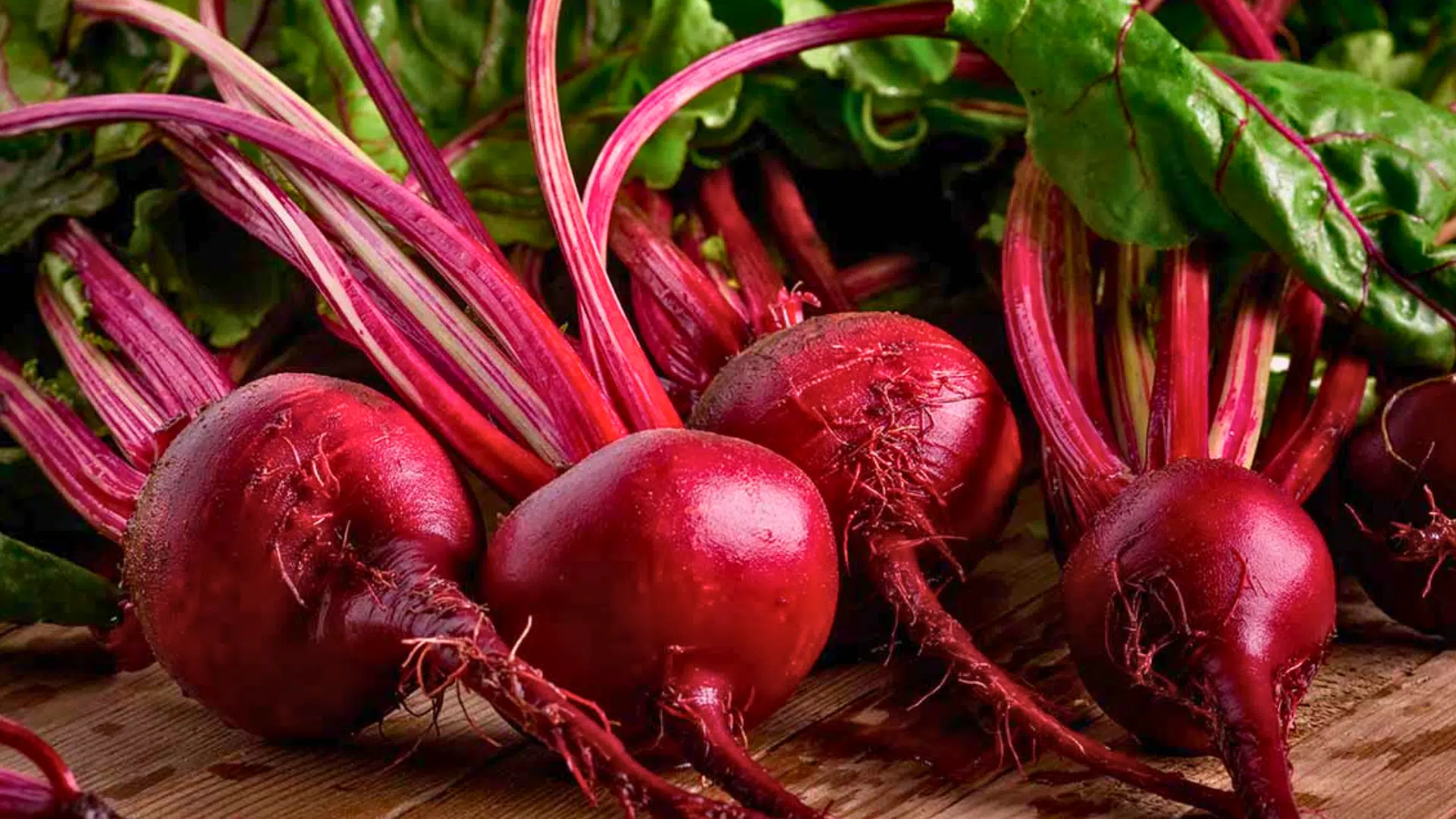
Beets become tender and more easily digestible when cooked. They’re full of water and help support healthy digestion. Roasted or boiled beets are a tasty, gut-friendly choice.
5. Potatoes

Potatoes are easy to digest, especially when they’re peeled and cooked well. They’re filling, comforting, and gentle on the stomach. Boiled or baked potatoes work best for easy digestion.
6. Zucchini
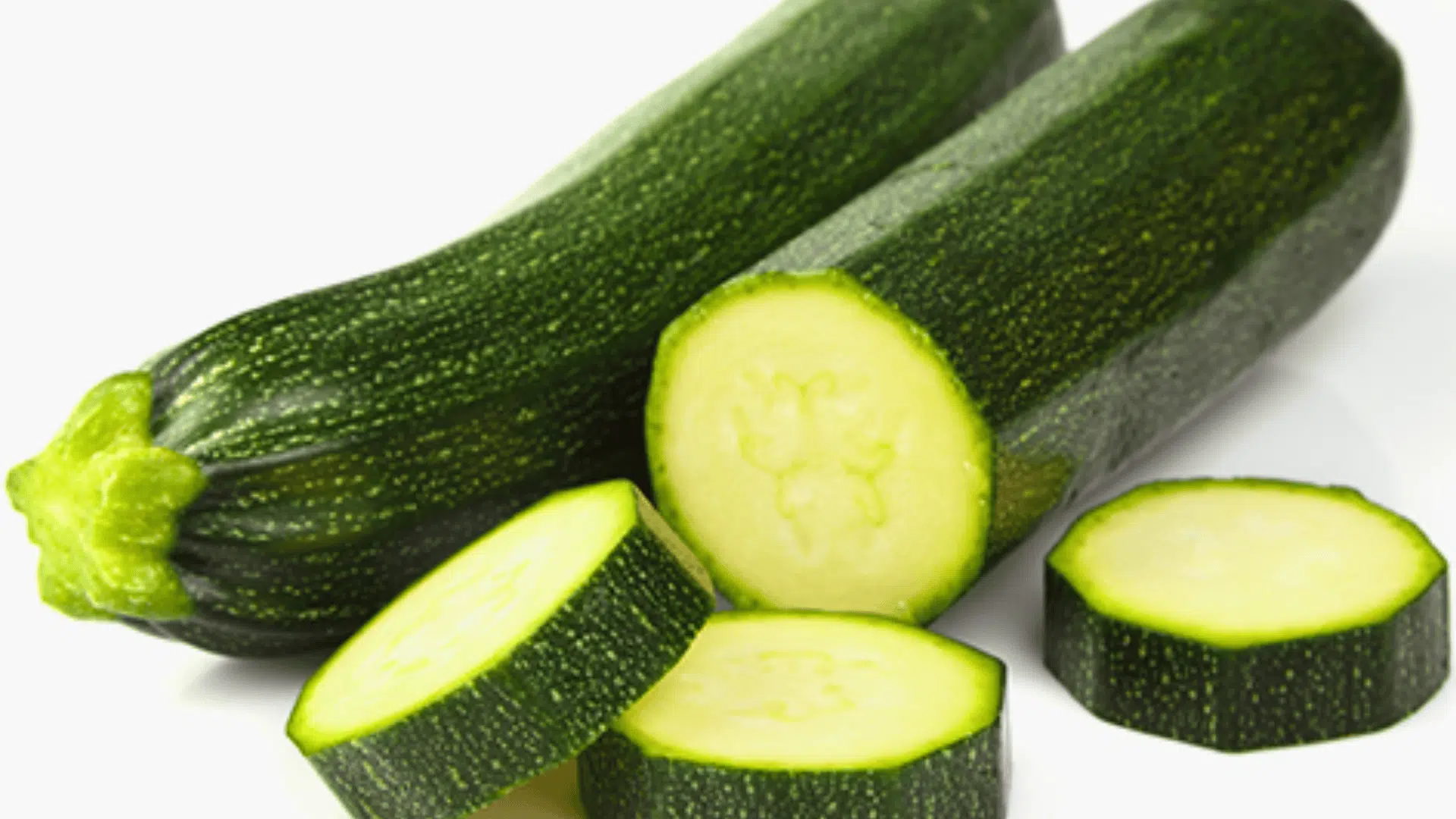
Zucchini is soft, moist, and low in fiber, which makes it very easy to digest. When cooked and deseeded, it becomes even gentler. It’s perfect for soups, stews, or simple side dishes.
7. Pumpkin

Cooked pumpkin is smooth and mild. It’s packed with water and easy to break down in your stomach. Many people enjoy it mashed or pureed, especially in soups and soft meals.
8. Yellow Squash
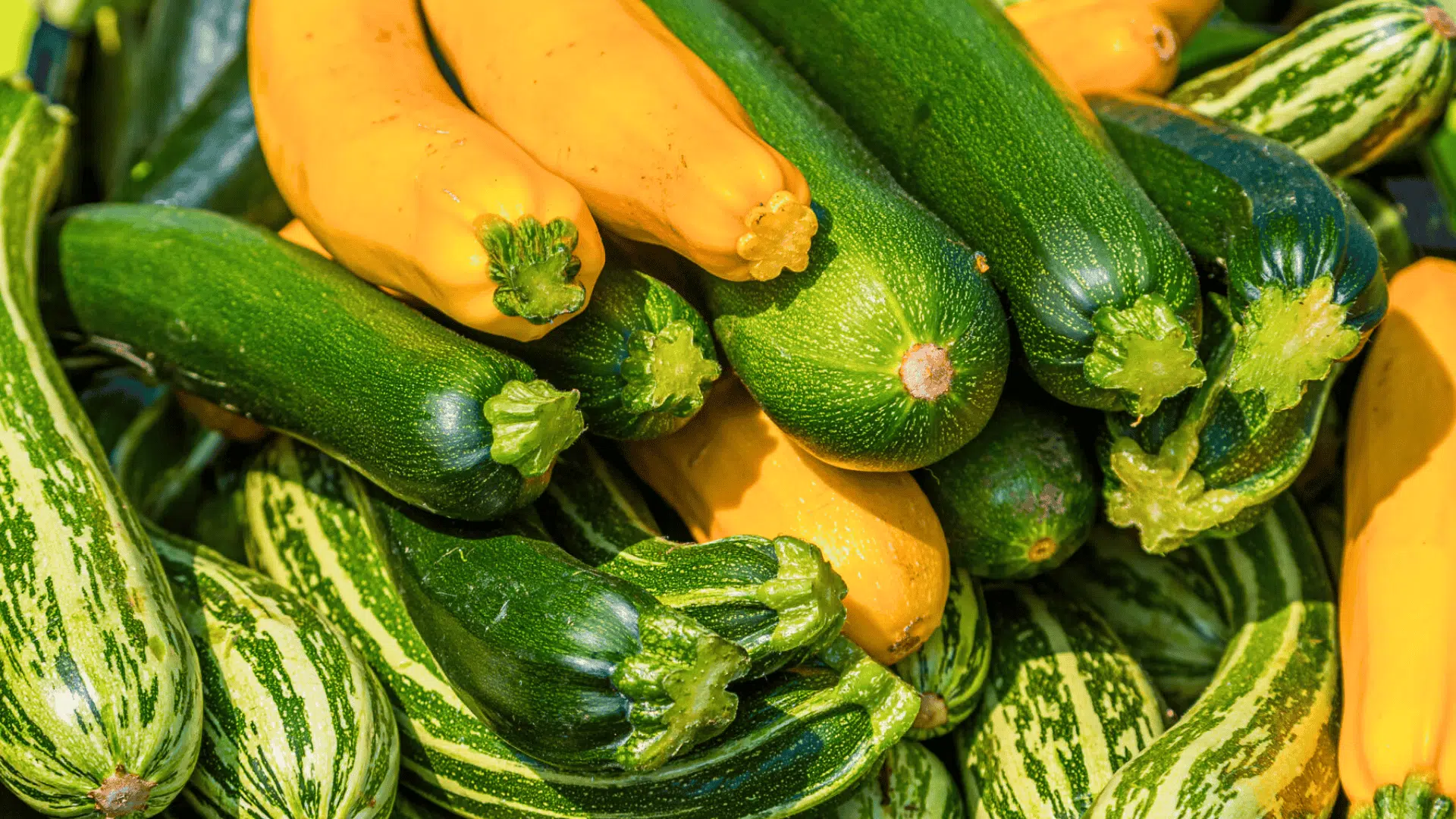
Yellow squash is a soft, gentle vegetable that’s similar to zucchini. Once cooked and deseeded, it becomes easy on the stomach and works well in many light meals.
9. Green Beans
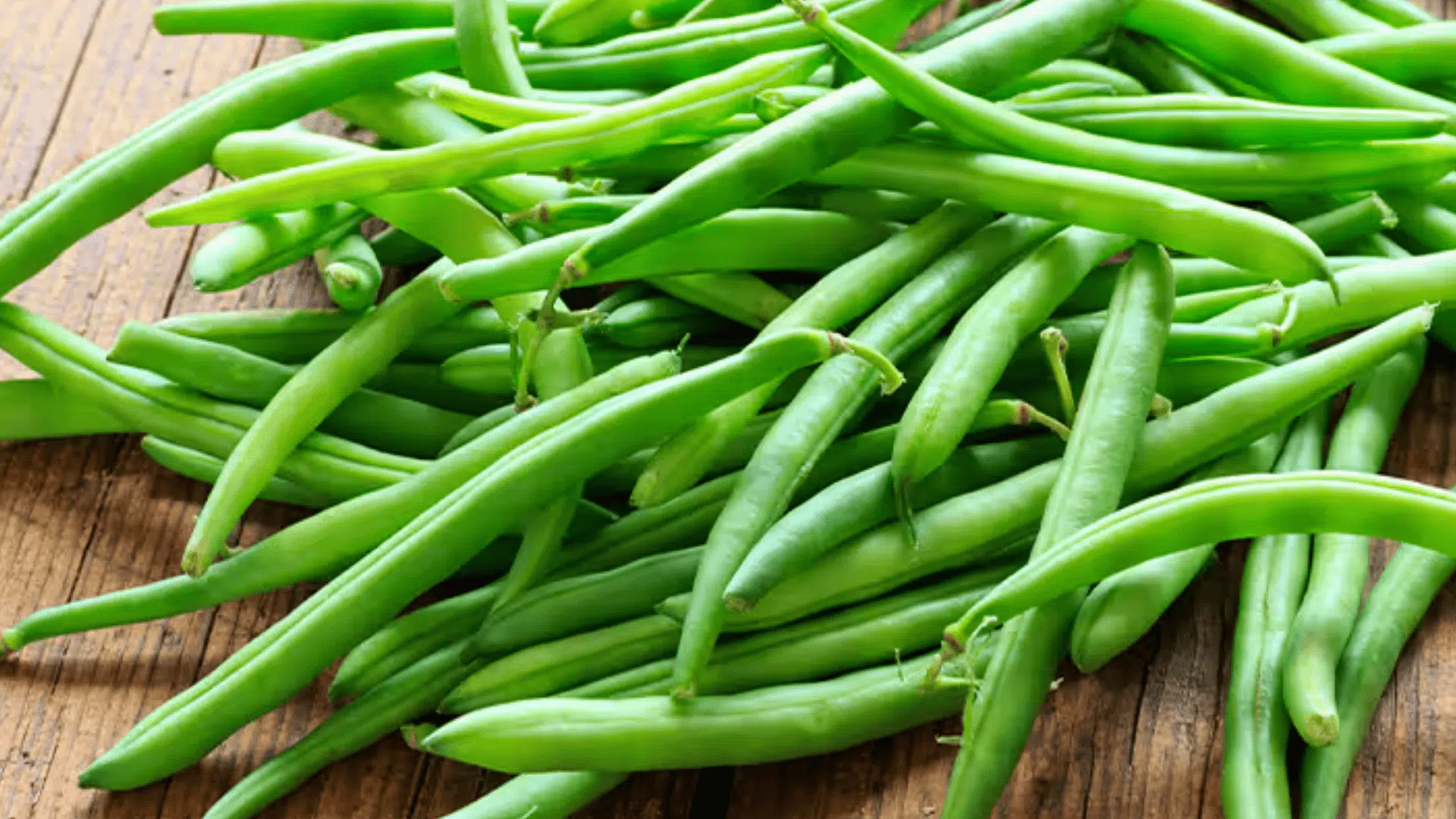
Green beans are another great choice when cooked well. They’re mild in flavor and become tender when steamed or boiled. This makes them a good fit for anyone with a sensitive stomach.
10. Cucumber
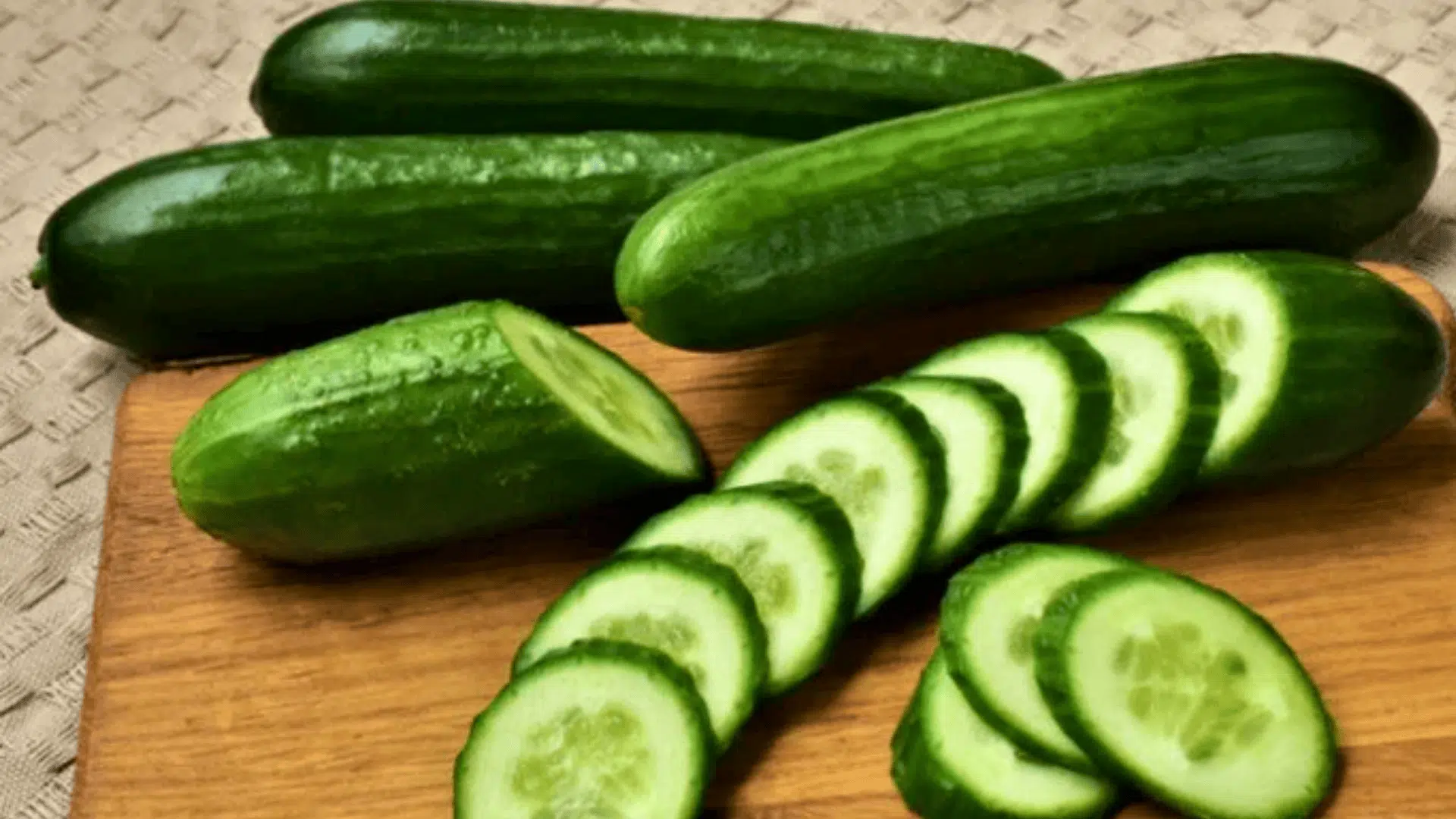
Cucumber is high in water and light in texture. When the skin and seeds are removed, it becomes much easier to digest. Peeled cucumber can be a cooling and calming food for the stomach.
11. Avocado
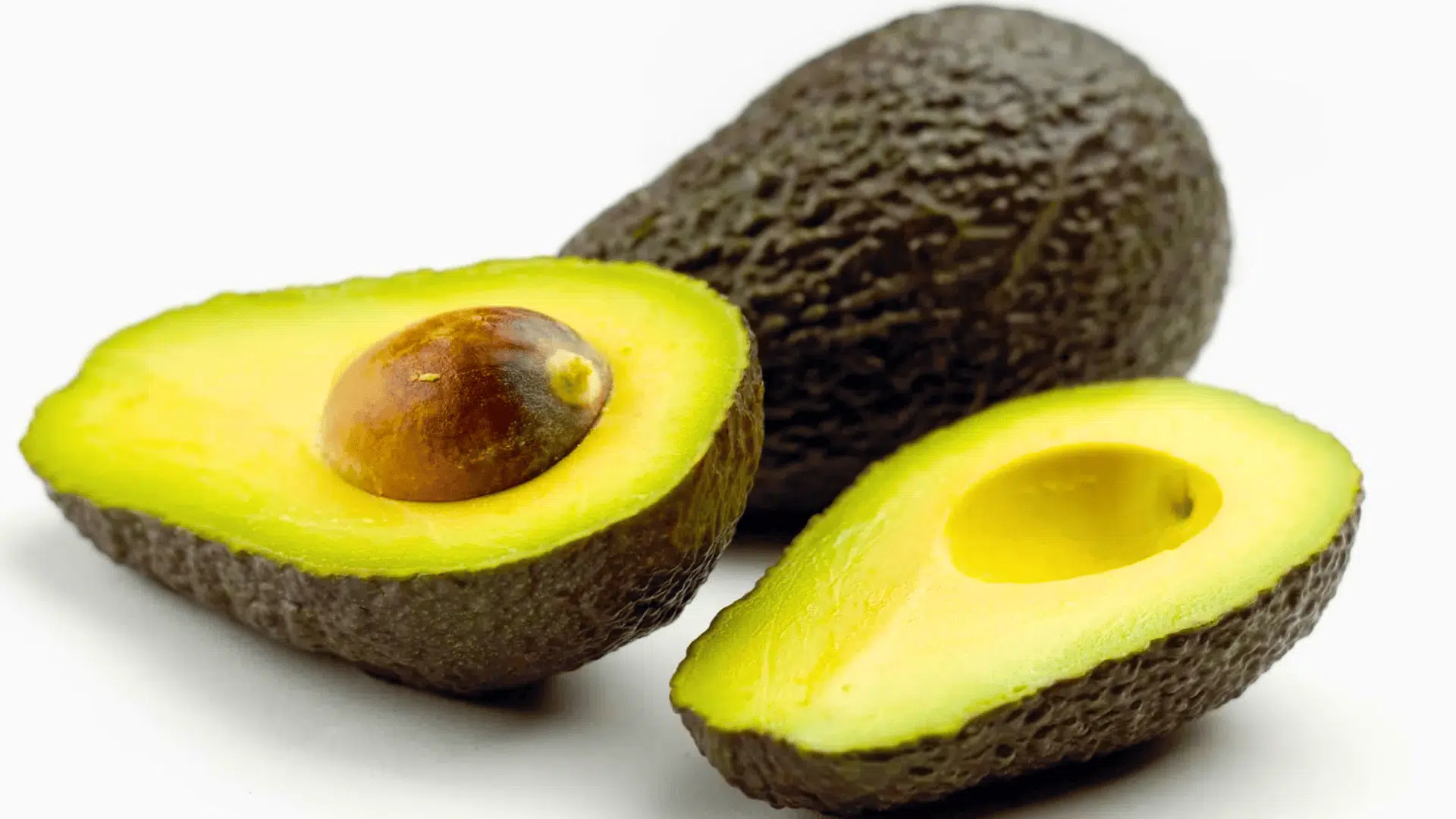
Avocado is creamy and rich in healthy fats, not fiber. This makes it very gentle and soothing for your stomach. You don’t even need to cook it; you can mash or slice it into meals.
Cooked vs Raw: Which Is Better for Your Gut?
Some people wonder whether raw or cooked vegetables are better for digestion. The answer depends on your gut and how your body reacts. Here’s a quick look at the pros and cons of both to help you choose what’s best for you.
| Type | Pros | Cons |
|---|---|---|
| Raw Veggies | Full of natural enzymes and vitamins | Harder to digest |
| Crisp and fresh taste | May cause gas and bloating | |
| High in fiber | ||
| Cooked Veggies | Easier on the stomach | Some nutrients may be lost |
| Softer and gentler | Can be bland if overcooked | |
| Reduces bloating |
Fermented vegetables, such as sauerkraut and kimchi, are not cooked, but they undergo a special process that introduces beneficial bacteria.
These probiotics help support your gut health and make food easier to digest. Start slow if you’re new to them, as they can cause gas at first.
Are Mashed Potatoes Easy to Digest?
Mashed potatoes are usually very easy to digest. They are soft, smooth, and gentle on the stomach, especially when made with peeled and well-cooked white or yellow potatoes.
Boiling the potatoes breaks down their fiber, making them easier for your body to digest.
If you don’t add too much butter, cream, or spices, mashed potatoes can be a great choice for individuals with sensitive stomachs, those recovering from illness, or those following a soft food diet.
Just keep the recipe simple, and they’ll be a comforting, gut-friendly food.
Tips for Digesting Vegetables More Easily
Even the gentlest vegetables can cause trouble if your stomach is sensitive. These simple tips can help make your meals easier to digest and more enjoyable.
- Portion Control: Eating too many vegetables at once can overwhelm your stomach. Start with small portions, especially if you’re trying a new veggie. This gives your body time to adjust, avoiding bloating or discomfort.
- Thorough Chewing: Chewing your food well is one of the easiest ways to help digestion. It breaks down the food before it reaches your stomach, making the process smoother. Take your time and chew slowly.
- Hydration: Drinking enough water helps your body digest fiber and move food through your system. Try sipping water throughout the day, not just during meals, to help keep your digestion flowing smoothly.
- Meal Timing: Avoid eating too late or skipping meals. Your digestive system works best with regular timing. Try to eat at the same time each day and give your body a break between meals.
- Adding Gut-Soothing Herbs (Like Ginger and Mint): Herbs such as ginger and mint can help calm the stomach and ease digestion. You can add fresh herbs to meals or sip them as tea. They’re natural, gentle ways to support your gut.
Using these tips with the right veggies can make a big difference. Start slow, listen to your body, and keep meals simple for the best results.
Easy-to-Digest Vegetable Recipes
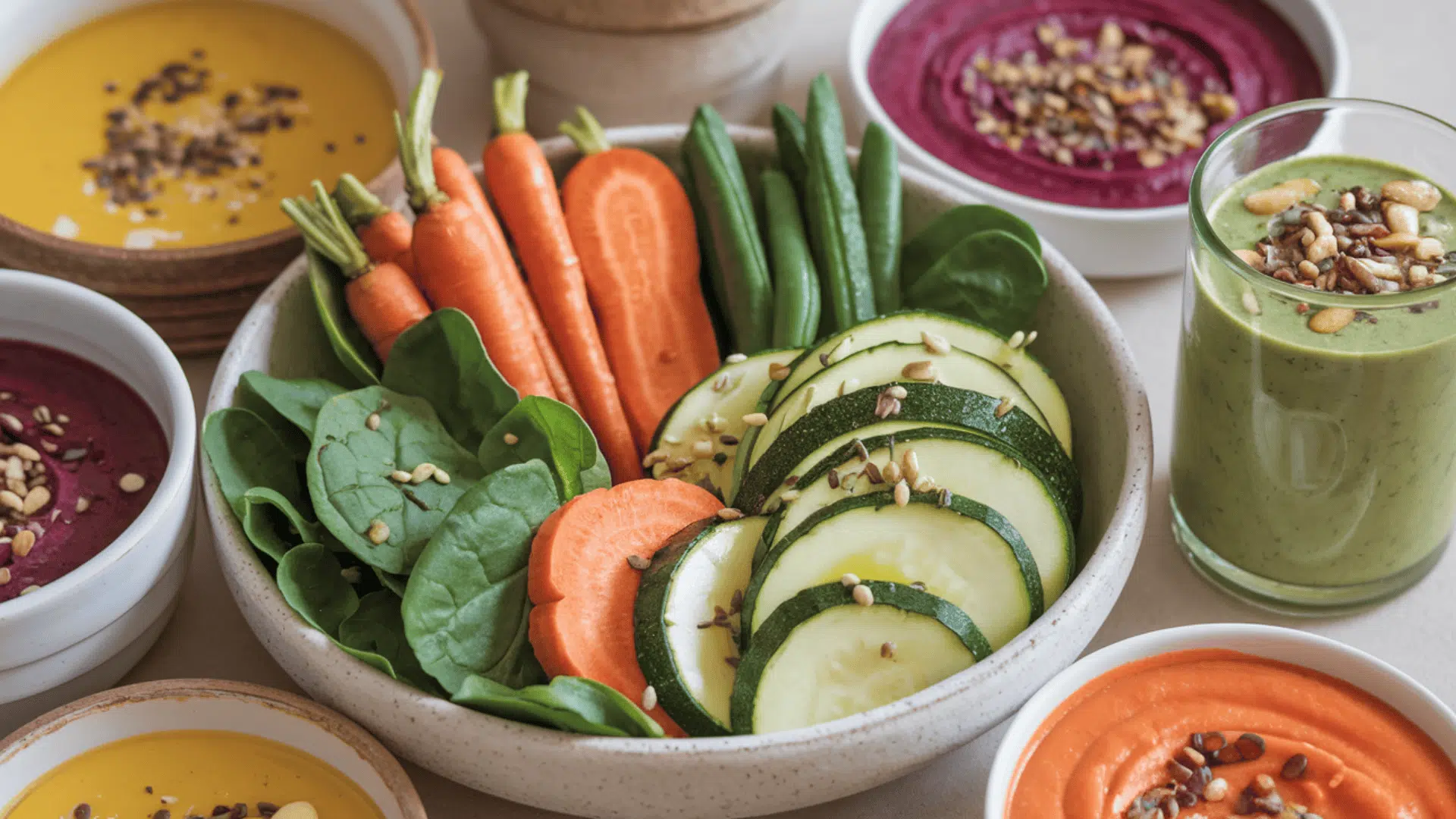
Looking for tasty ways to enjoy gentle vegetables? These easy recipes are soft, soothing, and full of flavor. They’re perfect for anyone with a sensitive stomach or recovering from illness.
Steamed Veggie Bowl
Ingredients:
- 2 medium carrots, peeled and sliced
- 1 zucchini, sliced
- 1 cup spinach leaves
- 1/2 cup green beans, trimmed
- Pinch of salt
- 1-2 tablespoons olive oil
Steam soft veggies like carrots, zucchini, spinach, and green beans until tender. Add a pinch of salt and a drizzle of olive oil. This bowl is light, warm, and easy on your stomach. You can mix and match according to your preferences.
Pureed Carrot-Beet Soup
Ingredients:
- 2 medium carrots, peeled and chopped
- 1 medium beet, peeled and chopped
- 3 cups water or low-sodium broth
- 1/2 teaspoon ginger (optional, for extra gut support)
Boil carrots and beets until they are soft, then blend them with water or low-sodium broth. Add a dash of ginger for extra gut support. This soup is smooth and packed with nutrients that are gentle on the digestive system.
Avocado-Spinach Smoothie
Ingredients:
- 1 ripe avocado, peeled and pitted
- 1 cup steamed spinach (lightly steamed for easier digestion)
- 1 banana
- 1/2 cup water or almond milk (adjust for desired consistency)
Blend ripe avocado with lightly steamed spinach, a banana, and some water or almond milk. It’s creamy, cool, and full of healthy fats and vitamins. Great for breakfast or a light snack.
Zucchini Mash with Olive Oil
Ingredients:
- 2 medium zucchinis, peeled and deseeded
- 1-2 tablespoons olive oil
- Pinch of salt (optional, for taste)
Cook peeled and deseeded zucchini until very soft. Mash with a fork or blend until smooth. Add a little olive oil and salt for taste. This dish is hydrating, soothing, and super simple.
These recipes are quick to prepare and gentle on your gut. Try one or two, and see what feels best for your body.
Conclusion
By now, you’ve learned which ones are easy-to-digest vegetables and how to prepare them in simple, stomach-friendly ways. I hope this helps clear up any confusion and provides you with a few ideas to try in your meals.
From soft mashed potatoes to soothing zucchini mash, these foods have helped me feel better, and they might work for you too.
Just remember, start small, listen to your body, and don’t be afraid to keep it simple.
If you’d like to learn more tips and recipes for better digestion, I have plenty more to share. Check out my other blogs for more ideas on easy-to-digest vegetables and gut-friendly living.
Frequently Asked Questions
What’s the most easily digested vegetable?
Cooked carrots are one of the easiest vegetables to digest because they’re soft and gentle on the stomach.
Can I eat raw vegetables with IBS?
Raw vegetables can trigger IBS symptoms, so it’s safer to eat them cooked and in small amounts.
Are canned vegetables easier to digest?
Yes, canned vegetables are usually softer and lower in fiber, making them easier to digest than raw ones.
Are leafy greens hard to digest?
Raw leafy greens can be hard to digest, but cooking them makes them much easier on the stomach.




